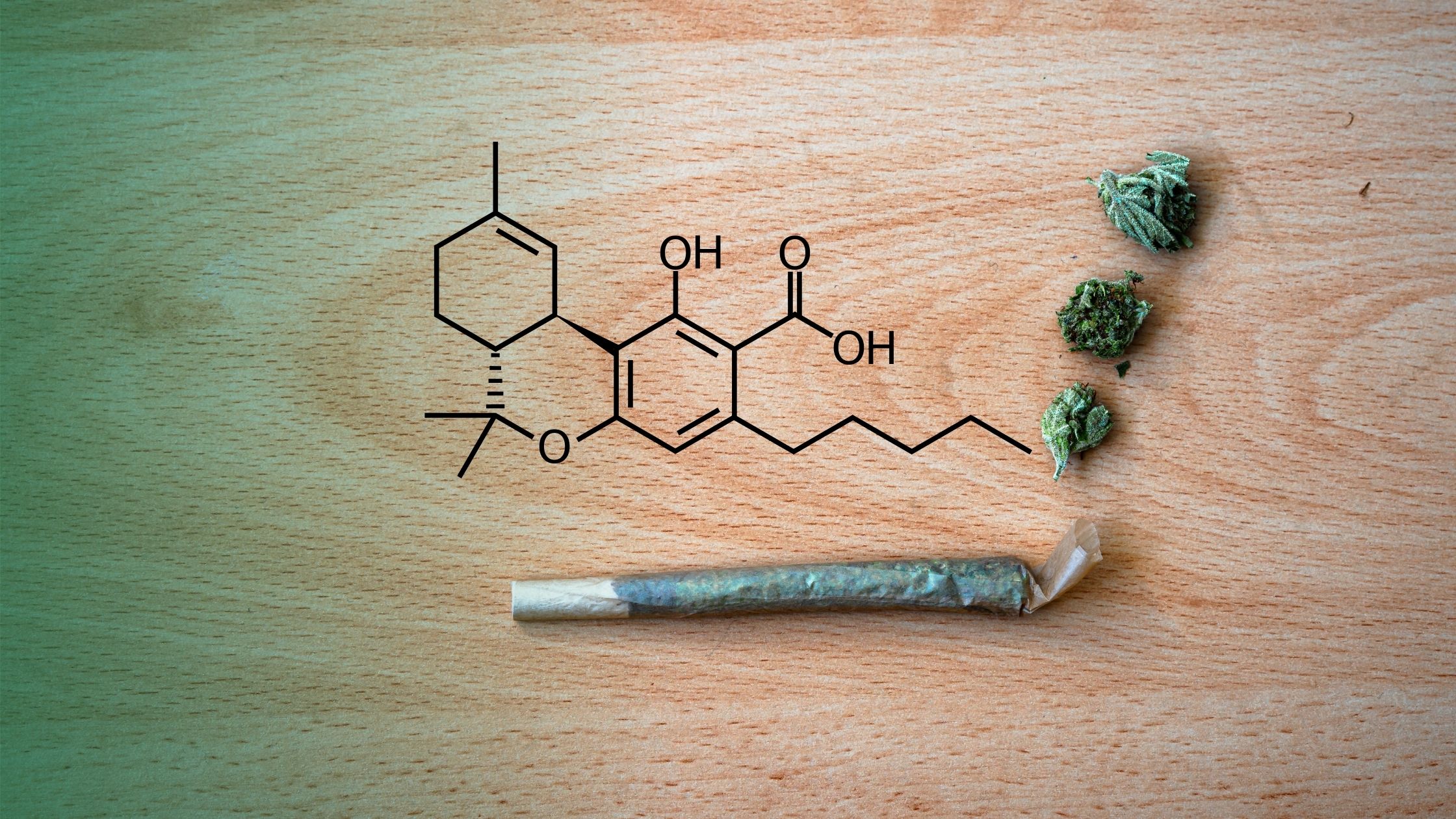Understanding THCA
If you’re curious about cannabis and its various compounds, you’ve likely come across THCA (tetrahydrocannabinolic acid). As more people delve into the world of cannabinoids, questions arise about their effects, especially when it comes to smoking. One of the burning questions is: Does THCA get you high when smoked? Let’s unpack this topic and find out what you need to know.
What is THCA?
THCA is a naturally occurring compound found in raw cannabis plants. It is the acidic precursor to THC (tetrahydrocannabinol), the well-known psychoactive compound responsible for the “high” associated with marijuana. THCA itself does not produce psychoactive effects, which is a crucial distinction for users seeking therapeutic benefits without intoxication.
The Chemistry of THCA
Chemically speaking, THCA is different from THC by a single carboxyl group (COOH). When cannabis is heated—through smoking, for instance—this group is removed, resulting in the formation of THC. This conversion is essential to understanding whether smoking THCA will lead to a high.
How THCA Converts to THC
To grasp whether smoking THCA will get you high, it’s important to understand the conversion process from THCA to THC.
The Decarboxylation Process
Decarboxylation is the chemical reaction that occurs when THCA is exposed to heat. When you smoke cannabis containing THCA, the heat activates this process, converting THCA into THC. This transformation is critical, as it is what allows users to experience the psychoactive effects associated with cannabis.
Role of Heat in Conversion
The heat generated from smoking or vaporizing cannabis is sufficient to trigger decarboxylation. The temperatures reached during smoking are typically well above the threshold needed to convert THCA into THC. This means that when you smoke THCA-rich cannabis, you are essentially inhaling THC.
The Effects of Smoking THCA
Now that we understand how THCA converts to THC, let’s explore what happens when you smoke it.
Psychoactive Properties of THC
Once THCA is converted into THC through smoking, it binds to the cannabinoid receptors in the brain, particularly the CB1 receptors. This interaction results in the psychoactive effects users often seek, such as euphoria, relaxation, and altered perception.
User Experiences and Anecdotes
Many cannabis users have shared their experiences with smoking THCA-rich cannabis. Some report feeling a more subtle, clear-headed high compared to traditional THC strains. Others note that the effects can vary depending on the strain and the method of consumption. Anecdotal evidence suggests that users who smoke THCA often experience a gradual onset of effects, which can feel different from smoking high-THC strains.
Comparison with Other Consumption Methods
It’s also valuable to compare smoking THCA with other methods of consumption to fully understand its effects.
Smoking vs. Vaping THCA
Vaping THCA is becoming increasingly popular due to the perception that it is a healthier alternative to smoking. When you vape THCA, the device heats the material without combustion, which can potentially preserve more of the terpenes and cannabinoids. Like smoking, vaping THCA will also convert it to THC, leading to psychoactive effects.
Cooking with THCA
Cooking with THCA can also lead to its conversion into THC. However, to achieve this, you need to apply sufficient heat, such as baking or simmering. Many recipes are available that incorporate raw cannabis, allowing you to enjoy THCA’s benefits while still converting some of it to THC.
Benefits of Using THCA
Therapeutic Effects Without the High
One of the appealing aspects of THCA is its potential health benefits without the psychoactive effects. Users often report relief from inflammation, nausea, and pain without feeling high. This makes THCA a popular choice for those seeking wellness benefits from cannabis without the mental fog that can accompany THC consumption.
Non-Psychoactive Qualities
The non-psychoactive nature of THCA allows users to incorporate it into their daily routines without the worry of impairment. This is especially beneficial for individuals who may need to stay focused and alert throughout the day but still want to experience the therapeutic effects of cannabis.
Legal Considerations
As with any cannabis product, understanding the legal landscape surrounding THCA is crucial.
The Legal Status of THCA
THCA is generally legal in many regions, especially when derived from hemp containing less than 0.3% THC. However, the legal status can vary depending on local laws, so it’s essential to check your state or country’s regulations regarding cannabis use.
Regulations on Cannabis Products
The regulations governing cannabis products can affect how THCA is marketed and sold. It’s vital to purchase THCA products from reputable sources that comply with local laws to ensure safety and legality.
Conclusion
So, does smoking THCA get you high? The answer is yes, but only because THCA is converted to THC when heated. While THCA itself is non-psychoactive, smoking it leads to the psychoactive effects commonly associated with THC. Understanding this conversion process allows you to make informed choices about how you consume cannabis, whether you’re seeking the high or the therapeutic benefits of THCA.
Frequently Asked Questions
Can I get high from THCA?
No, THCA itself is non-psychoactive, but smoking or heating it converts it to THC, which will produce a high.
Is there a difference in the high from THCA and traditional THC?
Some users report a more clear-headed or gradual high from THCA, but experiences can vary based on the strain and consumption method.
How can I consume THCA without getting high?
Consuming raw cannabis, such as in smoothies or salads, allows you to enjoy THCA’s benefits without converting it to THC.
Is THCA legal?
THCA derived from hemp is generally legal in many areas, but always check local regulations to ensure compliance.
What are the benefits of THCA?
THCA may offer anti-inflammatory and neuroprotective properties without the psychoactive effects of THC, making it appealing for various health conditions.

